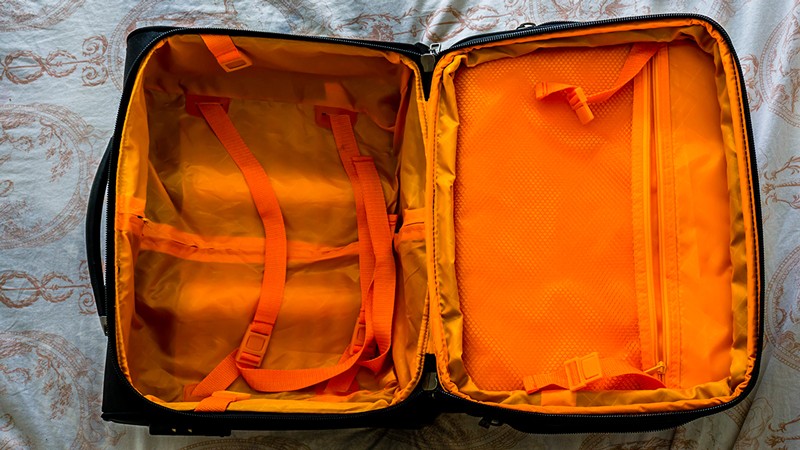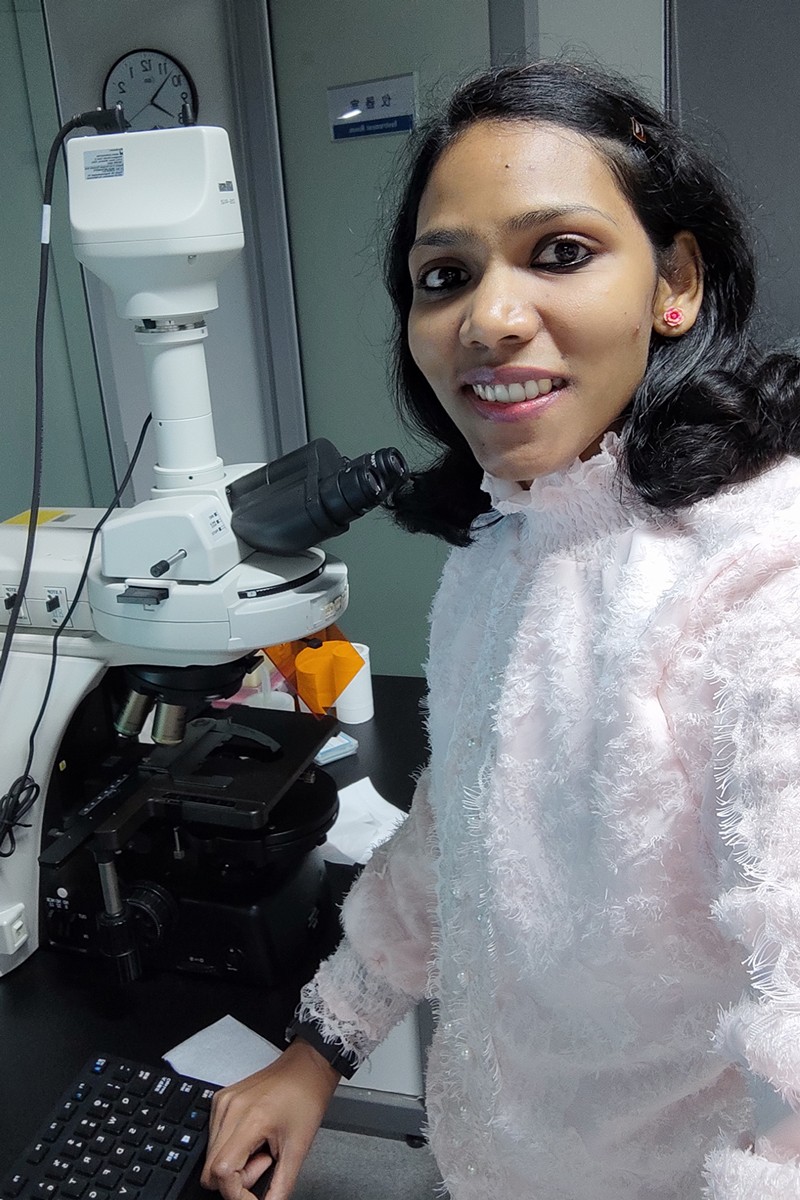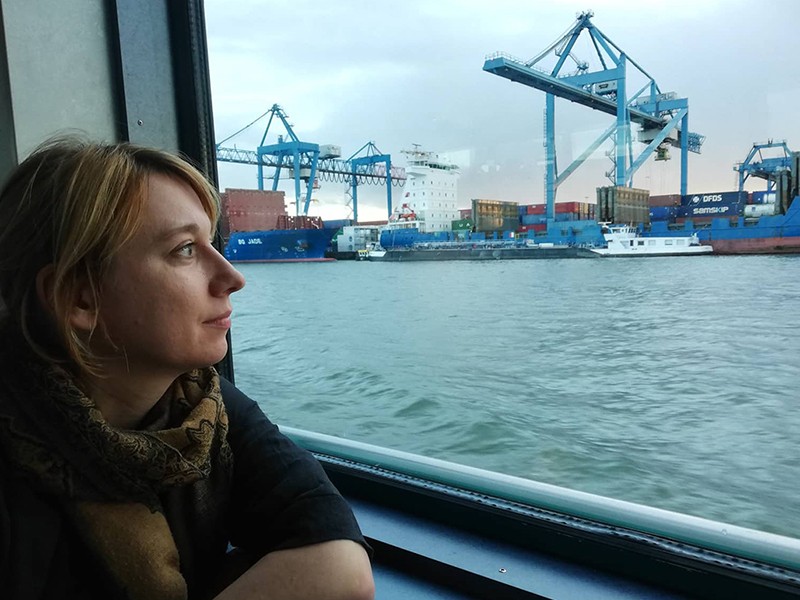In ‘normal’ instances, Mike McCulloch has to scour the world to discover a human being capable and prepared to join his laboratory. “My science is rather controversial, so I do not get quite a few applications for posts,” he claims.
But these are not usual periods. The COVID-19 pandemic has severely disrupted the mobility of experts, as evidenced by McCulloch’s recent occupation advertisement, posted in April on Twitter. Normally, McCulloch desires to appear substantial and low for people ready and ready to enable him with his controversial operate at the College of Plymouth, United kingdom. His goal is to harness relativity to pull rockets by way of space without the need of the have to have for backwards thrust — an approach with its honest share of detractors. But pandemic-relevant border limitations intended that he necessary to limit his lookup to the United Kingdom. All those constraints have now eased a small, but McCulloch is unsure about what that signifies for his search. “It’s rather essential for me to have a broad variety of nations to recruit from,” he says.
His past research for a postdoc turned up a solitary skilled and available researcher, who was from Spain. “I’ll try to fill the submit 1 way or a different,” he states. The United Kingdom’s departure from the European Union is extensively envisioned to complicate study mobility, especially if junior scientists in Europe foresee bureaucratic tangles connected with getting to go, but McCulloch thinks pandemic-relevant limitations will be a even bigger difficulty.
A lot more than a calendar year following the 1st lockdowns and border closings, scientists close to the environment are continue to grappling with the pandemic’s impacts on mobility. Researchers are navigating a entire world exactly where the rules — and the challenges — are seemingly in frequent flux. No matter whether they are trapped far from home, separated from crew members or compelled to rethink their method to recruitment, they’re attempting to retain their science relocating forwards (see ‘Push on through’).
Uncertain long run
Most scientists managed to remain successful in the 1st calendar year of the pandemic, but the relative absence of mobility for the worldwide scientific enterprise will have extended-long lasting impacts that could change investigation and collaboration, warns Giorgio Marinoni. Marinoni is the manager of higher schooling and internationalization at the International Association of Universities (IAU), a non-governmental firm based mostly in Paris that promotes global cooperation in greater education. He anxieties that disruptions in journey could stifle the professions of junior experts. “For a youthful researcher, mobility is part of the occupation,” he suggests. “We might be heading for a future the place there isn’t these a world study community.”
The pandemic threatens to undo considerably development toward scientific globalization, agrees IAU secretary-standard Hilligje van’t Land. Researchers from economically disadvantaged international locations will bear most of the brunt, she says. “There’s no way for them to travel, and they might not have a vaccine for a although depending on exactly where they are from.” And that will not only limit their individual possibilities, it will also deprive the program of their contributions and insights. “We could be seeing the beginning of a big tragedy. If they cannot appear in nowadays, they might never ever be ready to occur in. That is a very unsafe factor for the potential of exploration,” van’t Land states.
Mobility is tricky to quantify, and the complete impacts are unlikely to be regarded for many years, Marinoni states. The IAU is conducting a survey that will attempt to seize some of the effects of lockdowns, border closings and journey limitations. It hopes to release the success by October. But figures — regardless of whether they track researcher actions, publications or impact variables — will not convey to the full tale, Marinoni states. “If you are focusing only on people indicators, you’re missing a large amount of the picture of worldwide collaboration,” he states.
Numbers wouldn’t, for occasion, seize the problem that confronted Anila Ajayan, an ecologist in Wuhan, China, the metropolis commonly deemed to be the starting up point of the pandemic. Ajayan, who is from India, experienced been in Wuhan for only a pair of months for her postdoc at the Institute of Hydrobiology when the metropolis went into lockdown in January 2020. Other nations around the world were even now accepting travellers from China, and quite a few of Ajayan’s intercontinental colleagues determined to head dwelling though they even now could. Ajayan opted to remain. She was concerned that she could unwittingly carry the virus again with her, and she also feared that she may not be equipped to return to China if she left.
That worry turned out to be justified: China proceeds to bar just about all international travellers, together with the 1000’s of PhD pupils and postdocs who remaining during the pandemic and are now not able to return. “Most of my pals made the decision to go away, and they could not get back,” Ajayan suggests. She felt by yourself and considerably from dwelling, but by June 2020, when vacation limits had been eased within just China, she was able to resume her exploration, which necessitates an assistant to gather h2o samples from the upper stretches of the Yangtze River.
Ajayan strategies to return to India as soon as she finishes her postdoc in July, but acknowledges that she might have to wait right up until the surge of bacterial infections in her dwelling region lastly subsides. “I’m optimistic that the problem could be far more below command as additional individuals get vaccinated,” she states. If situation premiums are nevertheless large, she’s ready to expend a few additional months residing and doing the job in Wuhan.
While Ajayan could remain in spot, some researchers were being compelled to cross borders, once in a while at great particular chance. Sergio Ramos, a Mexican plant ecologist at the College of Pittsburgh in Pennsylvania, still left for Switzerland in March 2020 for what he assumed would be a 10-day get the job done stop by. When he was there, the United States banned all non-US travellers from Europe, correctly stranding him from his postdoctoral position. He turned identified to return to the United States. “I was feeling the tension. I was particular I would drop my occupation if I did not go back again.”
Following three months of uncertainty, confusion and consultations with authorities, Ramos identified a workaround. Mexico was accepting travellers from Europe, and the United States was accepting travellers from Mexico. He flew to Mexico City, intending to quarantine there for two weeks in advance of traveling to Pittsburgh. Not able to uncover a location to stay in Mexico Town, he travelled approximately 900 kilometres to remain with his mothers and fathers in the city of San Cristóbal de las Casas, exactly where he speedily came down with COVID-19. “The virus was waiting for me,” he claims.
It took him a month to entirely recover, but Ramos lastly produced it back again to Pittsburgh in mid-July, driving agenda but decided to get back again to function. He experienced to cancel just one significant-scale task, but was able to complete some experiments and post a paper for publication. He has now utilized for quite a few postdoctoral positions in Europe, and hopes to go away for Switzerland by early June, if permitted — preferably with a placement already secured. On 19 May perhaps, the EU mentioned that by 24 May, it would unconditionally start to settle for all travellers who are entirely vaccinated by items approved by the European Medications Company these include things like all those manufactured by Pfizer–BioNTech, Moderna and Johnson & Johnson. Travellers will have to have to take part in Europe’s Digital Inexperienced Certificate programme.
Unsure path
Whilst some researchers are starting up to regain their footing, other folks remain in limbo. In 2019, Elisabeth Schober, an anthropologist at the College of Oslo, landed a prestigious 5-yr ‘starting grant’ from the European Study Council to analyze the cultures of many shipping-port cities about the environment. She hand-picked her group, but four of her five collaborators bought locked out of the nation when Norway closed its borders in January 2021. As an alternative of assembly in individual to prepare area outings to Busan in South Korea or Rotterdam in the Netherlands, the crew satisfies occasionally on Zoom to hold the project ticking about. The Norwegian authorities is now making it possible for entry to overseas researchers on a scenario-by-situation basis, and Schober has started off investigating the software course of action. “The team is nevertheless scattered in various sites, but we might be making some progress to getting folks collectively this summer,” she states.
In idea, Schober suggests, she could catch a flight to Busan any working day. (South Korea at present admits travellers who examination destructive for COVID-19.) But the pandemic has a way of ruining plans. If she remaining any time before long, she’d have to quarantine for two weeks when she arrived, an unpleasant prospect given that she would be travelling with her two youthful children. Other than, the very thing that she’s supposed to examine — the social lifestyle in the communities surrounding the port — has basically vanished. “The clock is ticking on the deal,” she says. “It feels like we’re all flying blind right here in terms of making choices.”
In Australia, states Nathan Kilah, a chemist at the University of Tasmania in Hobart, the pandemic has made an uncommon dynamic. Some establishments are in economic disaster and have slashed scholarships other individuals have open positions that they just can’t fill, thanks to border closings and lockdowns. Considerably like McCulloch, Kilah is attempting to fill a posture — in his circumstance, a location for a PhD university student — at a time when individuals from overseas just can’t enter the country. “I’ve advertised comparable positions in the past and experienced up to 50 or a lot more candidates from all all around the globe,” he says. “In this case, I set in the specifier ‘must be in Australia’.” The cash, and the place, will vanish if he just cannot locate the correct man or woman by the end of the year.
The pandemic is about to squelch the desires of at minimum a single hopeful younger scientist. More than two years back, Kilah provided a scholarship to a possible PhD pupil from Pakistan. Soon after a lot of months of ready, the pupil eventually secured the essential travel visa, but she hasn’t been equipped to enter the state because of the shut border. The scholarship present will expire on 1 June.
Australia is acknowledged for its sturdy worldwide scientific organization. With 27% of its college students from overseas, it has the world’s greatest proportion of global students, and practically half (45%) of teachers have been born somewhere else. But Kilah says that the rigorous border controls that Australia has imposed to continue to keep out the virus are harming the country’s popularity as a key destination for researchers. “Limiting our researcher talent weakens our capacity and breadth of study, the scope for upcoming collaboration and the reach of our science,” he says.
The international scientific business will put up with if international scientists continue to be stuck in their personal nations, van’t Land states. “Nobody will know what a individual could have contributed if they experienced absent to that place,” she states. “It has an effect on every person.”




